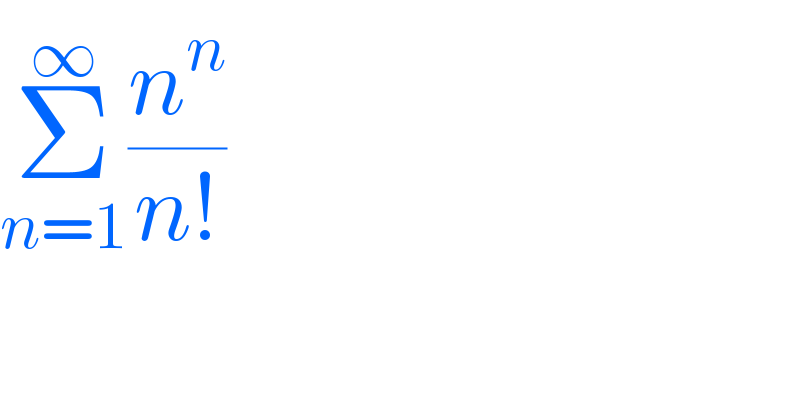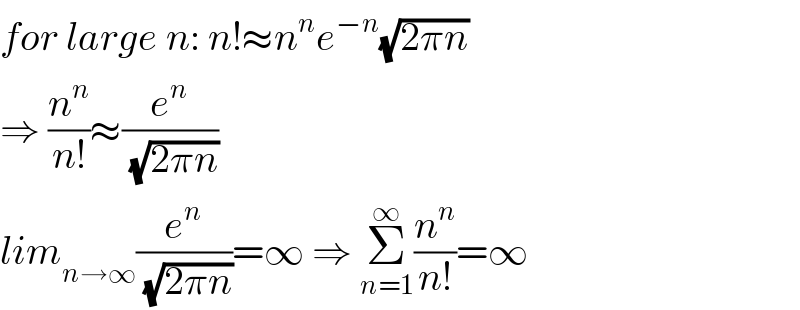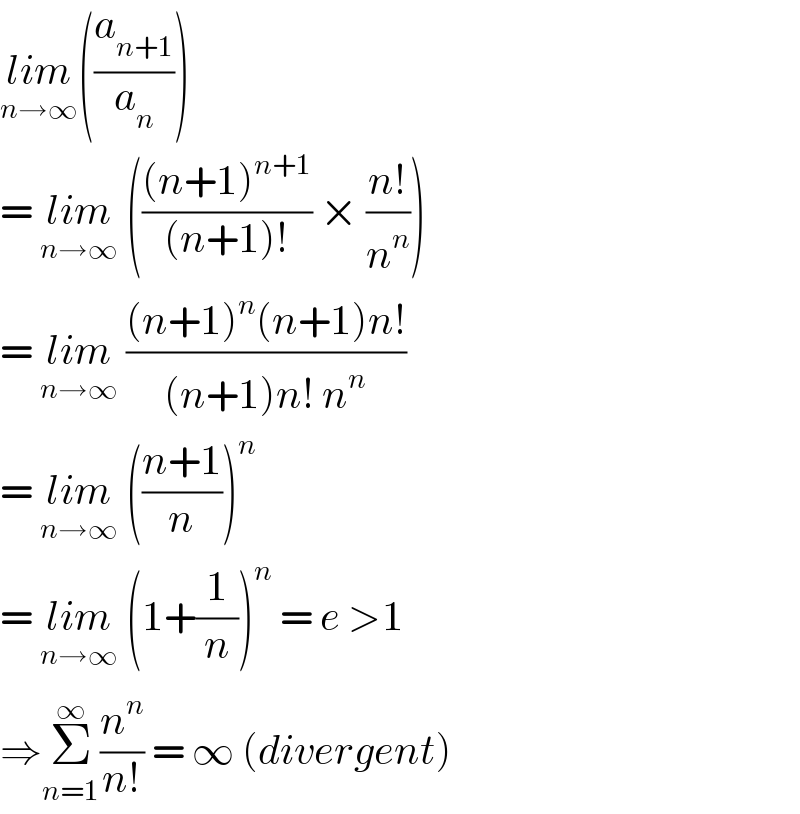
Question and Answers Forum
Question Number 111466 by Dwaipayan Shikari last updated on 03/Sep/20

Commented by Her_Majesty last updated on 03/Sep/20

Commented by Her_Majesty last updated on 03/Sep/20

Answered by malwaan last updated on 03/Sep/20

| ||
Question and Answers Forum | ||
Question Number 111466 by Dwaipayan Shikari last updated on 03/Sep/20 | ||
 | ||
Commented by Her_Majesty last updated on 03/Sep/20 | ||
 | ||
Commented by Her_Majesty last updated on 03/Sep/20 | ||
 | ||
Answered by malwaan last updated on 03/Sep/20 | ||
 | ||
| ||